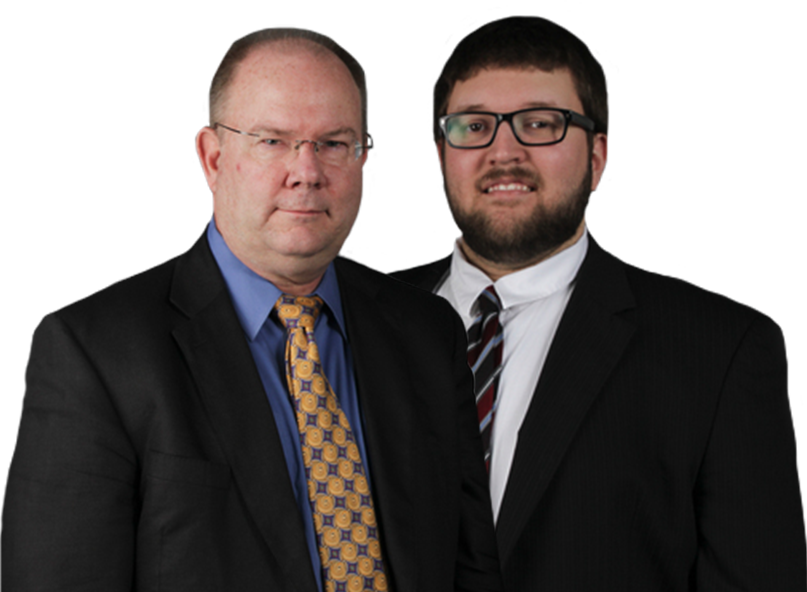Your Right To Be Free Of Harassing Debt Collection Calls
On behalf of John G. Dezenberg
For those suffering from creditor harassment, the FDCPA offers significant protections.
Economists may have declared the recession over, but it seems that many in Alabama are still suffering its effects. According to recent data, Alabama had the second highest number of bankruptcy filings per capita in the nation, with 4.83 filings per 1,000 people, according to the Birmingham Business Journal. Of course, behind this number are the countless numbers who have not yet sought the protection that bankruptcy offers.
If you are in this situation, you may be receiving calls from debt collectors. Although some calls are professional in nature, many cross the line into creditor harassment. Fortunately, you have legal protections against certain harassing tactics in the Fair Debt Collections Practices Act (FDCPA). This act applies when a debt collector contacts you (by phone or in writing) regarding a personal, family or household debt (it does not apply to business debts).
Contact Limitations
The FDCPA sets limits on when a debt collector may contact you. Under the act, you may not be contacted before 8 a.m. or after 9 p.m. In addition, creditors may not contact you at your place of employment or speak with third parties concerning your debt if you have asked them not to. If you have legal representation, the debt collector may only contact you through your attorney.
Harassment Protections
In addition to limitations on contacts, the FDCPA also prohibits various forms of harassing tactics. Such tactics include calling you an unreasonable number of times or publishing your status as a debtor in an effort to “shame” you into paying your debts. Also, debt collectors may not use obscene language or threaten violence while contacting you.
Protections Against Misleading Statements
Under the FDCPA, creditors may not use false statements when attempting to collect debts. As a result, they cannot misrepresent whom they work for or the amount, character or legal status of the debt. Additionally, they cannot claim that they are attorneys or work for a government agency if that is not the case.
Unfair Tactics
Debt collectors are also prohibited from using a variety of unfair practices when collecting debts. For example, debt collectors cannot threaten you with a lawsuit or repossession of your property unless they intend to do so. Also, debt collectors cannot charge interest, fees or other expenses on top of the debt owed, unless permitted by law.
Violations Of Law
If a debt collector violates the FDCPA, you have powerful remedies at your disposal. You have the right to file a lawsuit against the debt collector and recover any losses that you suffered because of the illegal behavior. Even if you did not suffer any losses, you are entitled to recover $1,000 per violation plus court costs and attorneys’ fees, so it does not cost you money to fight back in most cases.
Speak With An Attorney
Of course, the FDCPA does not prohibit the eventual collection of a lawful debt, provided it is done legally. If you are unable to pay your bills, it is worth considering bankruptcy. Once you file bankruptcy, all collection attempts must cease, with stiff penalties for violators. During bankruptcy, most of your debts are restructured or eliminated outright, allowing you a new financial start upon completion.
If you have been the victim of creditor harassment, or would like to know more about what bankruptcy can do for you, consult a bankruptcy attorney. An attorney can listen to your situation and advise you on the best way to obtain the financial peace of mind that you are seeking.

